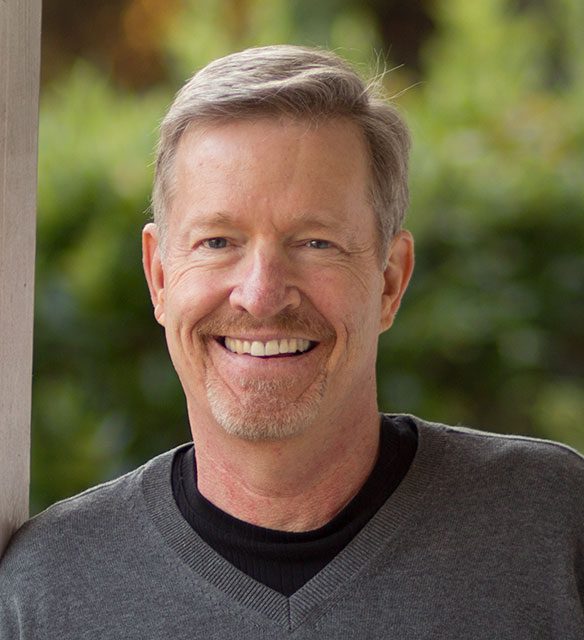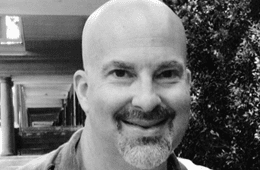Eight “Ifs” I Don’t Believe Anymore
I’m kind of a slow learner, and I still have a ways to go. So I’ll just keep climbing those stairs, one step at a time.
 Craig Thompson
Craig Thompson
Articles in this category are written on various topics from the perspective of the writer.
I’m kind of a slow learner, and I still have a ways to go. So I’ll just keep climbing those stairs, one step at a time.
 Craig Thompson
Craig Thompson
Ministry challenges can often rob our joy. I believe becoming more grateful can help … a lot. Consider these four ways to become a more grateful leader.
 Charles Stone
Charles Stone
We must put our eyes on Him and keep them there. But not on our ministry.
 Joe McKeever
Joe McKeever
As faithful stewards of all that has been entrusted to us by God, we owe it to those we lead to prove ourselves ‒ and them ‒ free of these assumptions.
 Rob Streetman
Rob Streetman
Church leaders, who are leading right, know they can’t be two-faced. They know they have to live a consistent, Christ-centered life. Anything else wouldn’t suffice.
 Joseph Lalonde
Joseph Lalonde
If we as leaders are “full of dead men’s bones,” we have become irrelevant. Here are some keys to becoming irrelevant – and some productive alternatives.
 Paul Greasley
Paul Greasley
Why I’m most grateful for the worst examples of leadership.
 Adrian Pei
Adrian Pei
I’m kind of a slow learner, and I still have a ways to go. So I’ll just keep climbing those stairs, one step at a time.
 Craig Thompson
Craig Thompson
Living with a bias toward action is essential to personal growth, and the personal growth of leaders is the basis for growth in any organization.
 Brandon Cox
Brandon Cox
We all put off difficult decisions. It’s part of human nature. Churches and Christian organizations and leaders seem particularly prone to this failing. We want to appear loving. We want to be nice. But the consequences of delay may prove disastrous.
 Rick James
Rick James
Wise leaders learn from their previous experiences in cross-cultural situations. In this anecdote, Bill was well-prepared to face the physical challenges and slight inconveniences associated with his environment. One of his assumptions, however, resulted in a productive lesson learned in humility and vulnerability.
 William Frisbie
William Frisbie
There are 500 cities in the world with a population exceeding one million people. YWAM has a ministry presence in about 134 of them. We know that God is calling us to greatly expand our outreach with hundreds of thousands of workers throughout the world. But we have to ask ourselves how we can we go about doing that.
 Timothy Svoboda
Timothy Svoboda
I don’t mean that we’re “broken” in the sense that we’re rendered useless by our imperfections. The opposite is actually true. We’re made more useful, and we discover our greatest purpose through our pain and suffering.
 Brandon Cox
Brandon Cox
This teaching looks at the fourth critical component of a good response to suffering: Eternal Perspective.
 Malcolm Webber
Malcolm Webber
As we remember our shared humanity, let us continue to unleash neighborly kindness, ridiculous generosity, and radical love.
 Ray Chung
Ray Chung
When we keep the mission in the middle, our job suddenly has more meaning.
 Ben Marshall
Ben Marshall
There are always undiscussable issues in any organization. There are usually “elephants in the room.” We shy away from naming them. We steer clear of brutal facts. It would seem disloyal to bring them up. We fear if we bring up such issues, we will be labeled a rebel and may even face reprisals.
 Tobias Nyondo
Tobias Nyondo
Here are five ways that illustrate how leaders really do see things differently.
 Paul Greasley
Paul Greasley
Healthy leaders are agents of change, because they have God’s highest in view.
 Malcolm Webber
Malcolm Webber
The next time you’re about to make decisions as a leader, think about Jehoshaphat: Unite people, pray first, and use wisdom.
 Matthew Fretwell
Matthew Fretwell